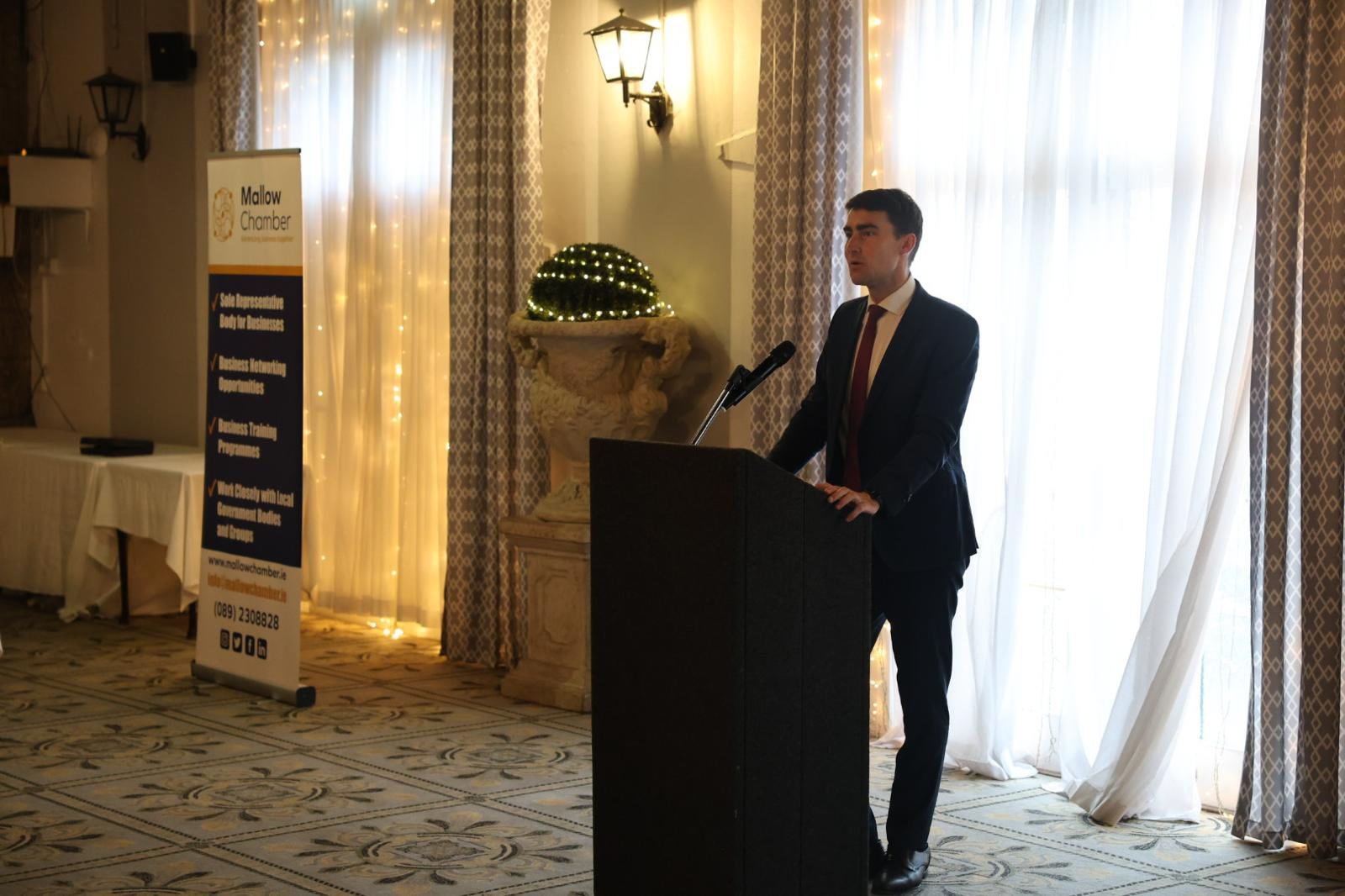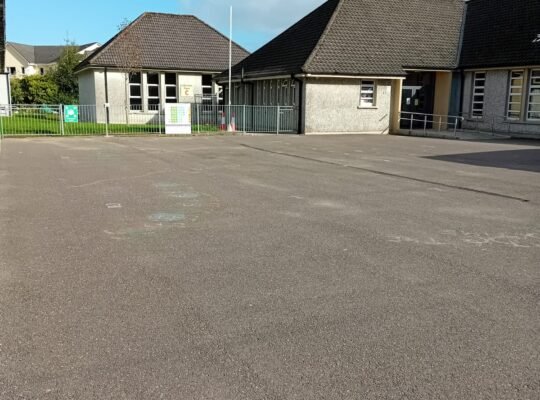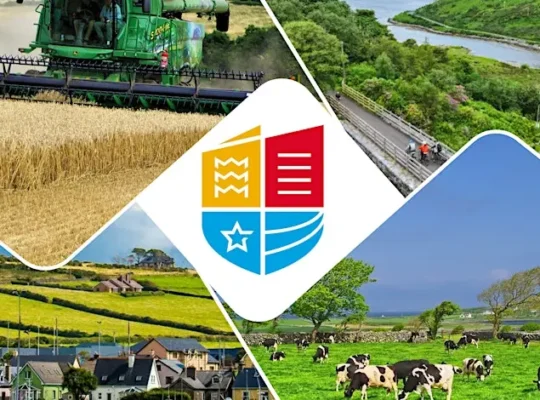The increase in the minimum wage to €14.15 will provide a welcome boost to workers, but for many businesses in Mallow and North Cork, particularly in hospitality, it could feel like a deathknell.
The rise, higher than the anticipated €14.05, adds to the mounting pressures these small and medium-sized enterprises face.
Labour costs are among the largest expenses for SMEs, especially restaurants, cafés, and bars. The hike threatens to erode the benefits expected from the cut in VAT for hospitality, a measure intended to give the sector a lifeline.
From 1 July 2026, VAT for food and beverages in the hospitality sector (excluding hotel rooms) will drop from 13.5% to 9%. Long championed by restaurant lobbyists as a way to save jobs, the cut is welcomed, but questions remain about its real-world impact.
Insolvency experts, including James Anderson from Deloitte, warn the reduction may do little to prevent closures. In the year to date, 103 hospitality businesses have already gone insolvent out of 618 nationwide, highlighting the sector’s fragility.
While the Government will frame the VAT cut as a necessary intervention to protect jobs, critics argue it disproportionately benefits large franchise operators, such as McDonald’s, KFC, and Domino’s, while local cafés and small businesses in Mallow and North Cork continue to struggle. The measure could cost the exchequer €681 million annually, consuming a significant portion of the Budget. Whether profitable chains will pass the savings onto consumers remains doubtful.
The national minimum wage will increase to €14.15 per hour, following the recommendation of the Low Pay Commission. Despite concerns over cost pressures on businesses, the Government opted to maintain the full hike, with Finance Minister Paschal Donohoe confirming that minimum wage workers will continue to be exempt from the top rate of USC.
For many hospitality SMEs in Mallow and North Cork, however, the combination of rising labour costs and ongoing operational pressures threatens to offset the relief intended by the VAT cut.
Some experts warn that the intended benefits may fail to prevent further closures, leaving critics to question whether the money could have been better spent supporting hard-pressed taxpayers.











